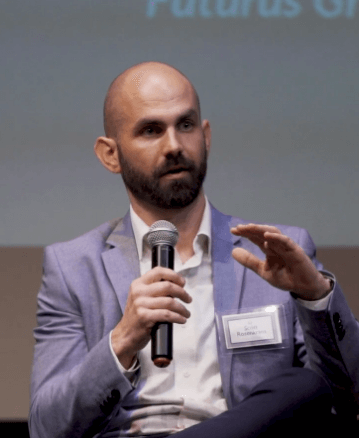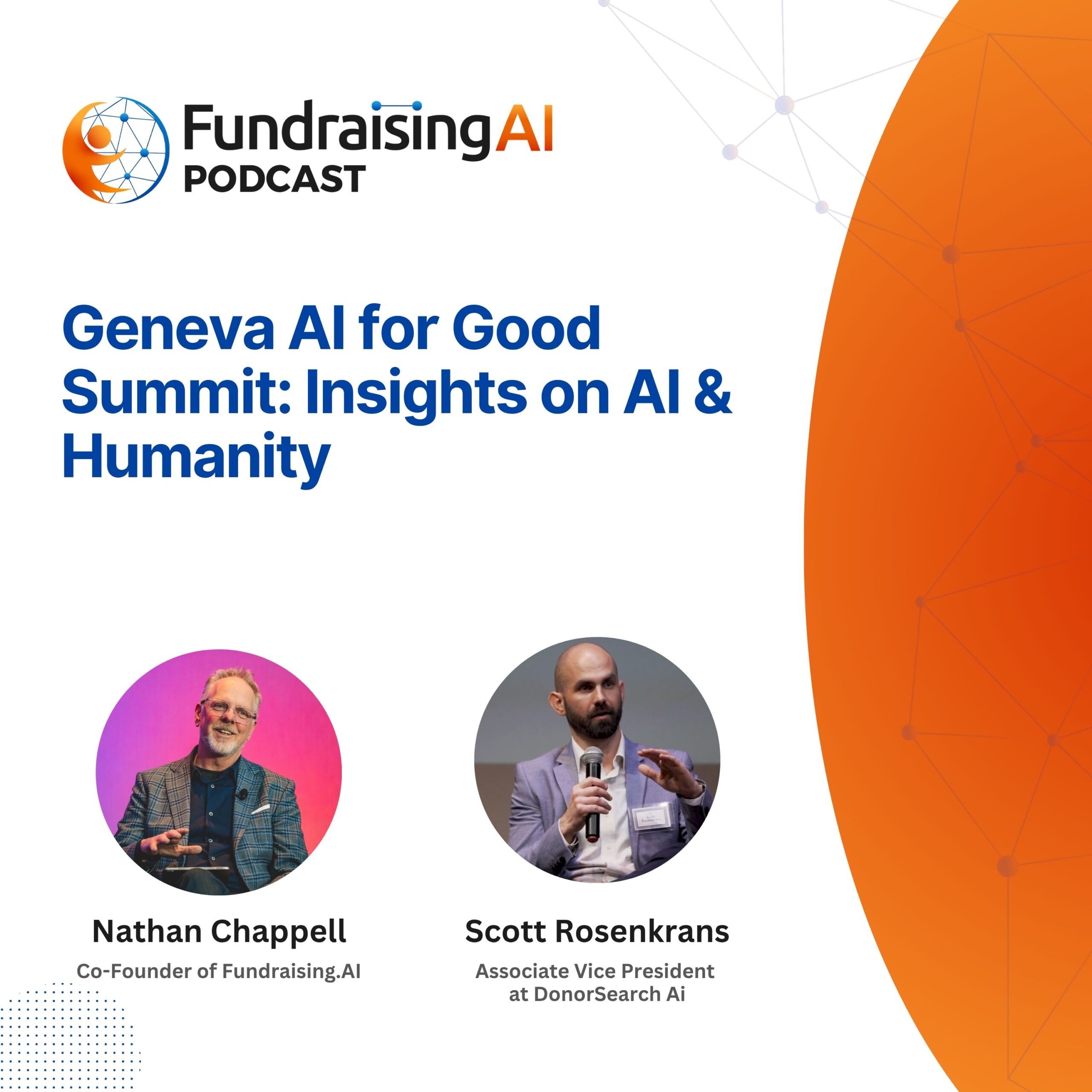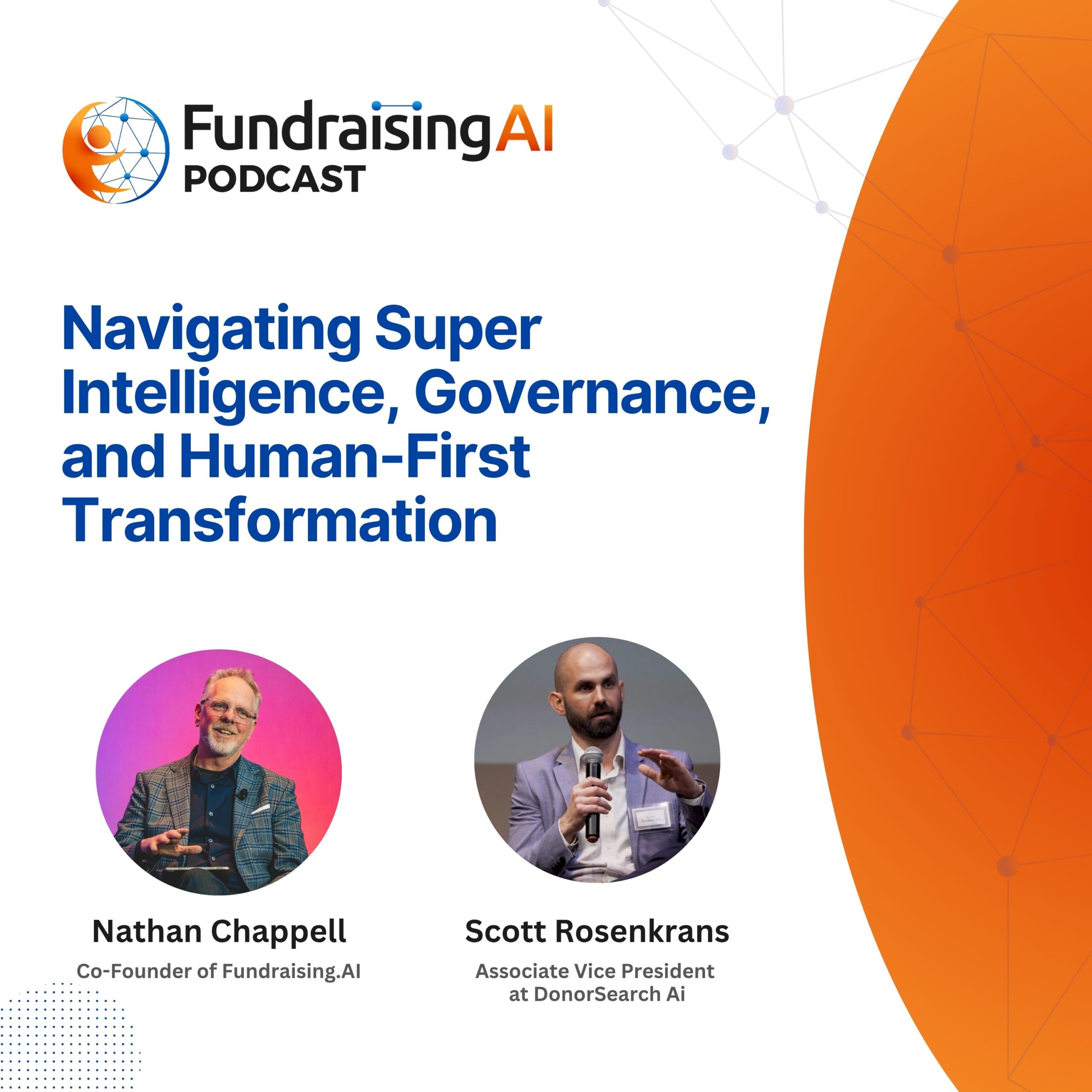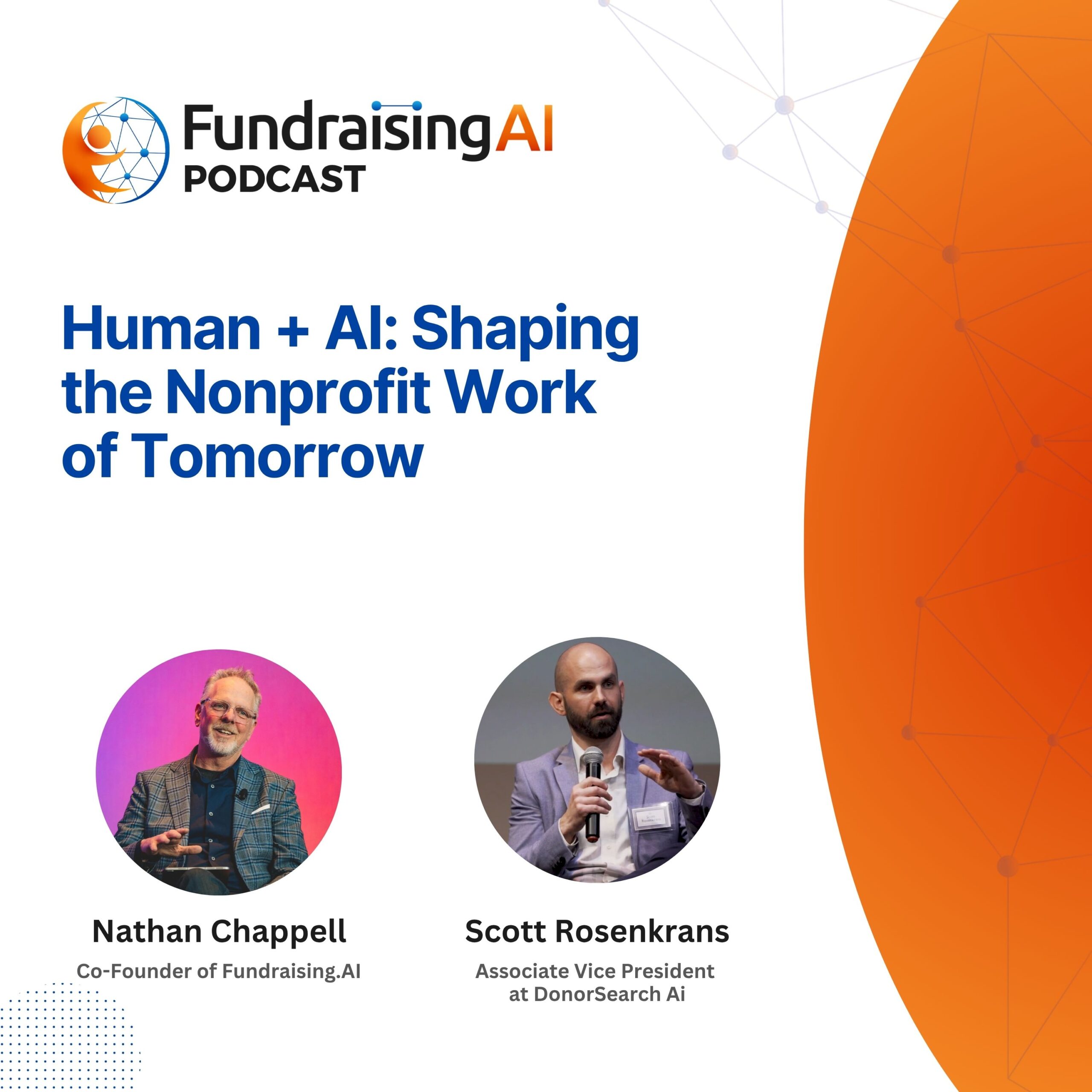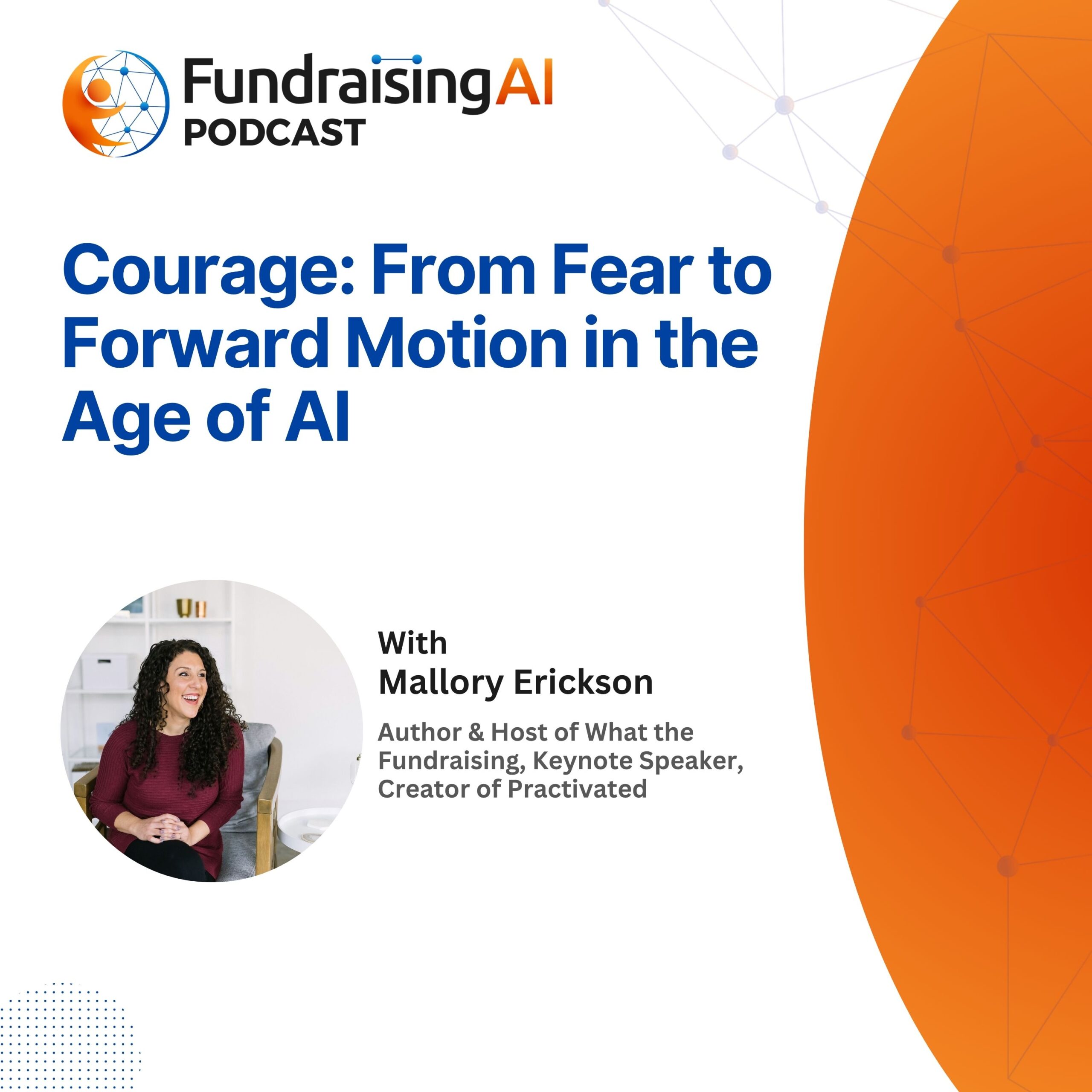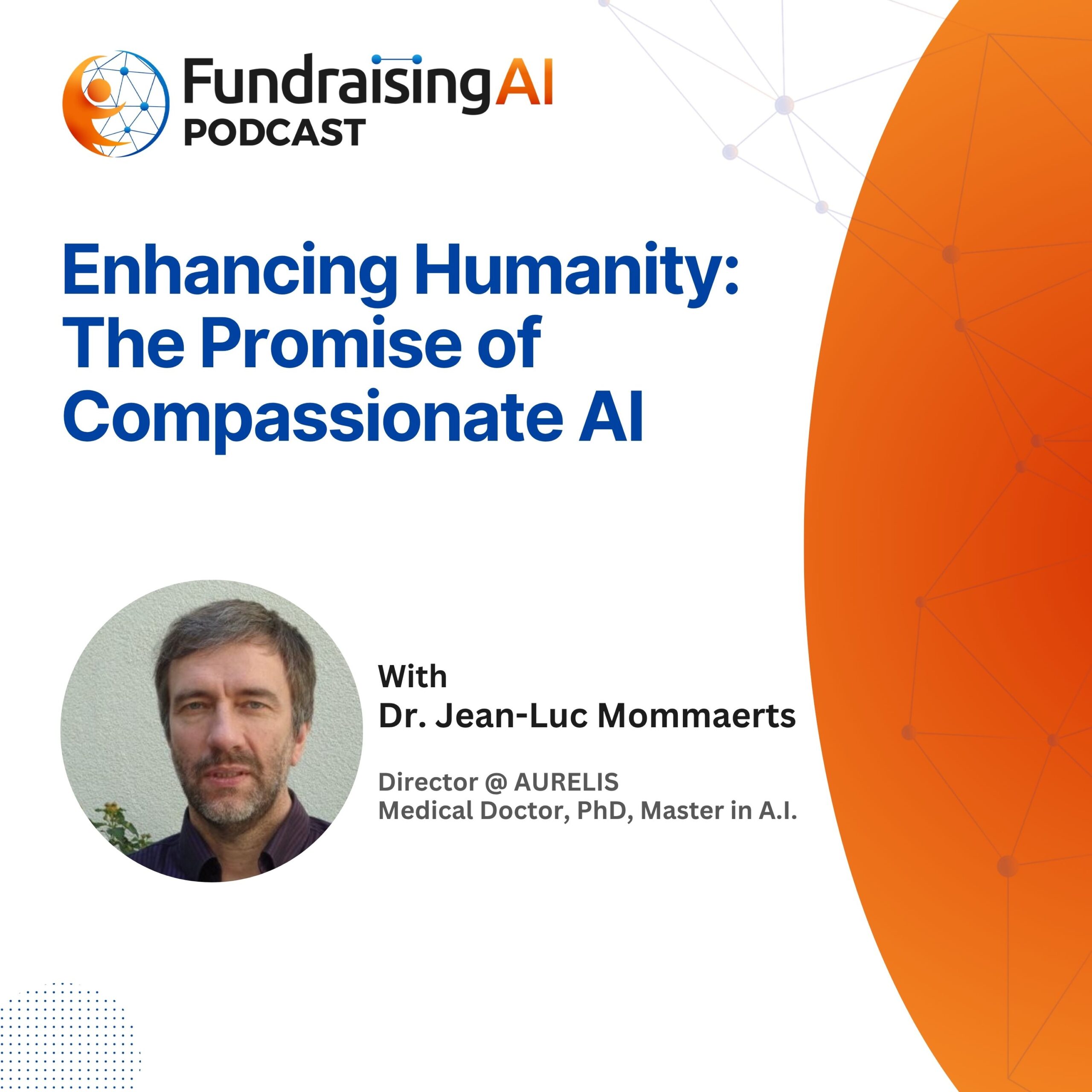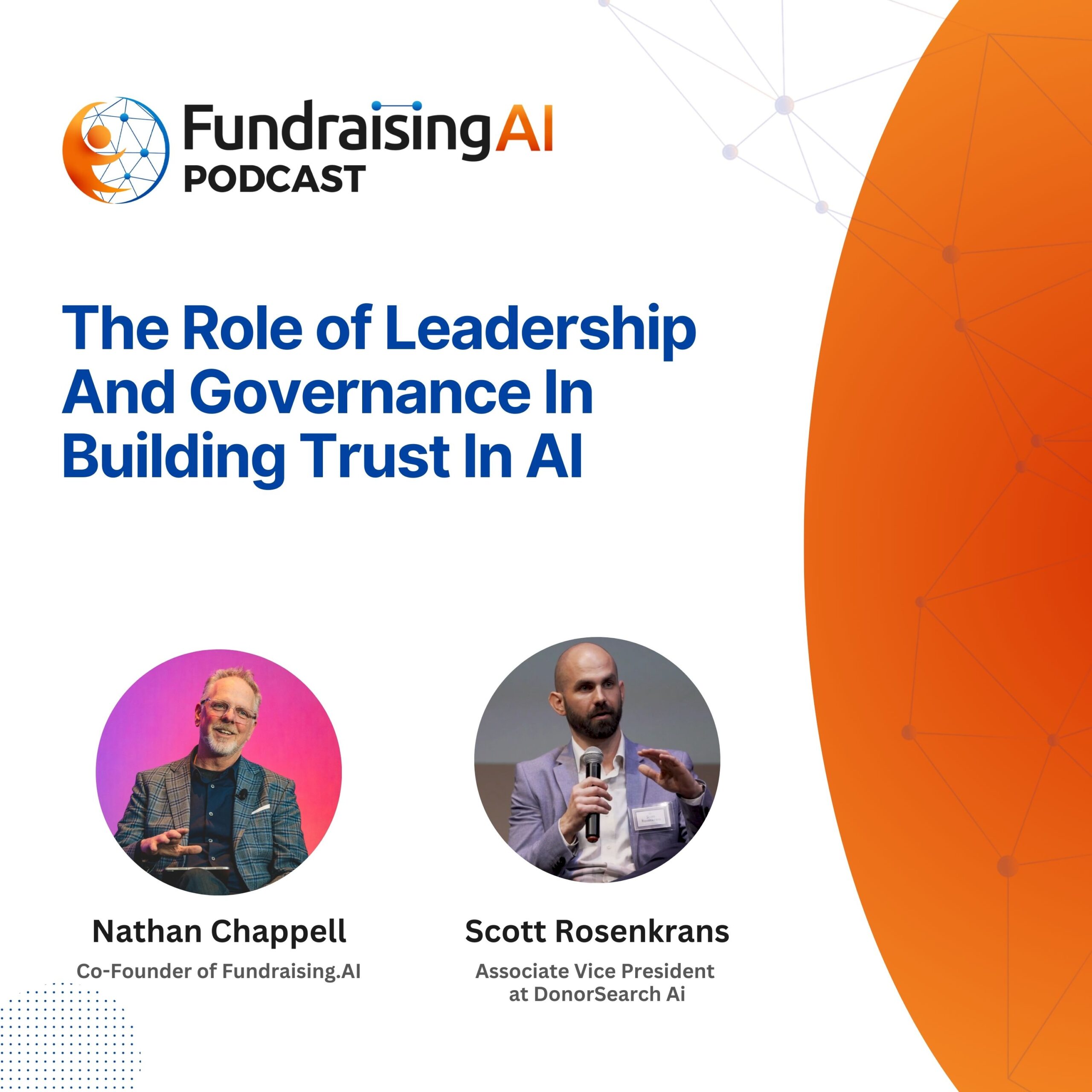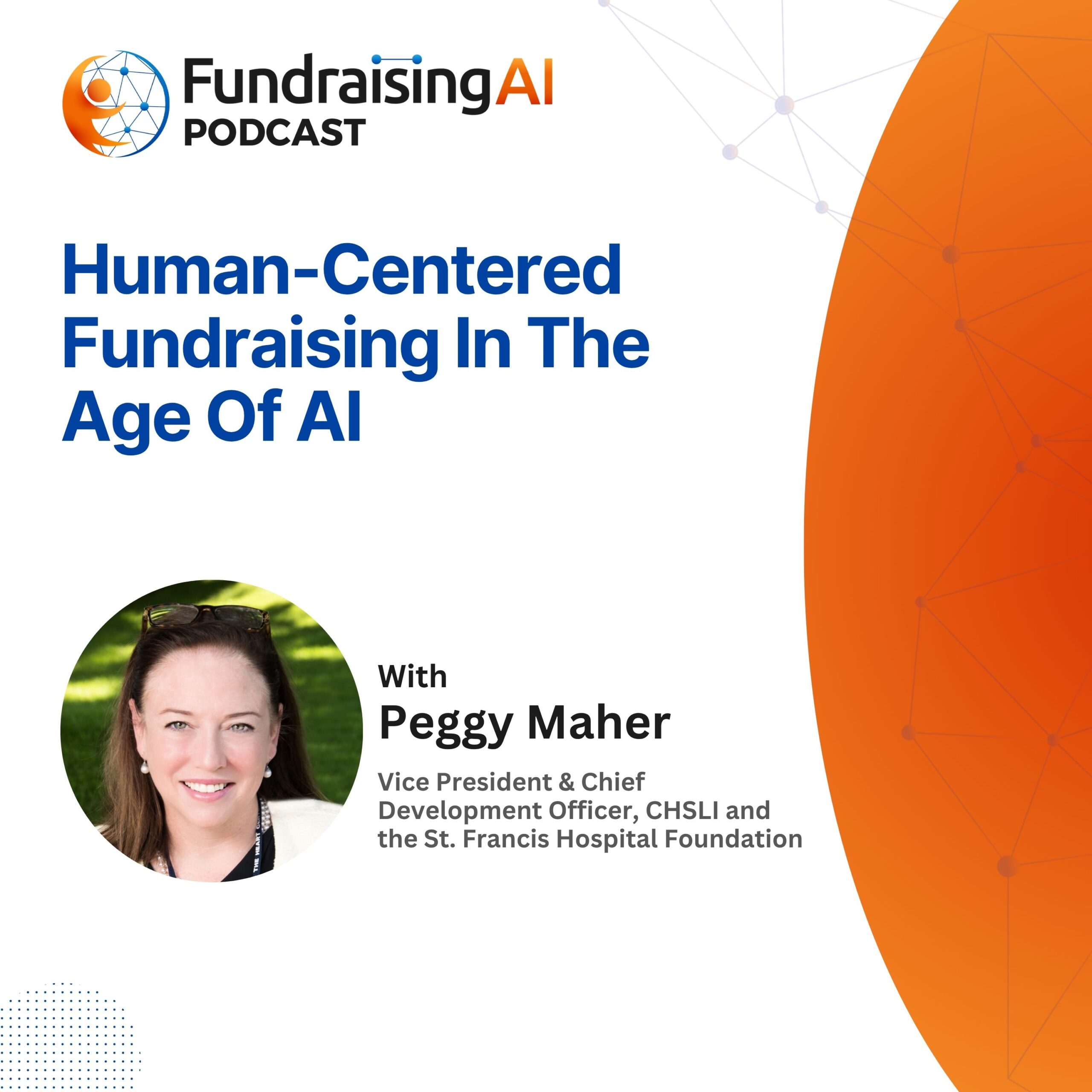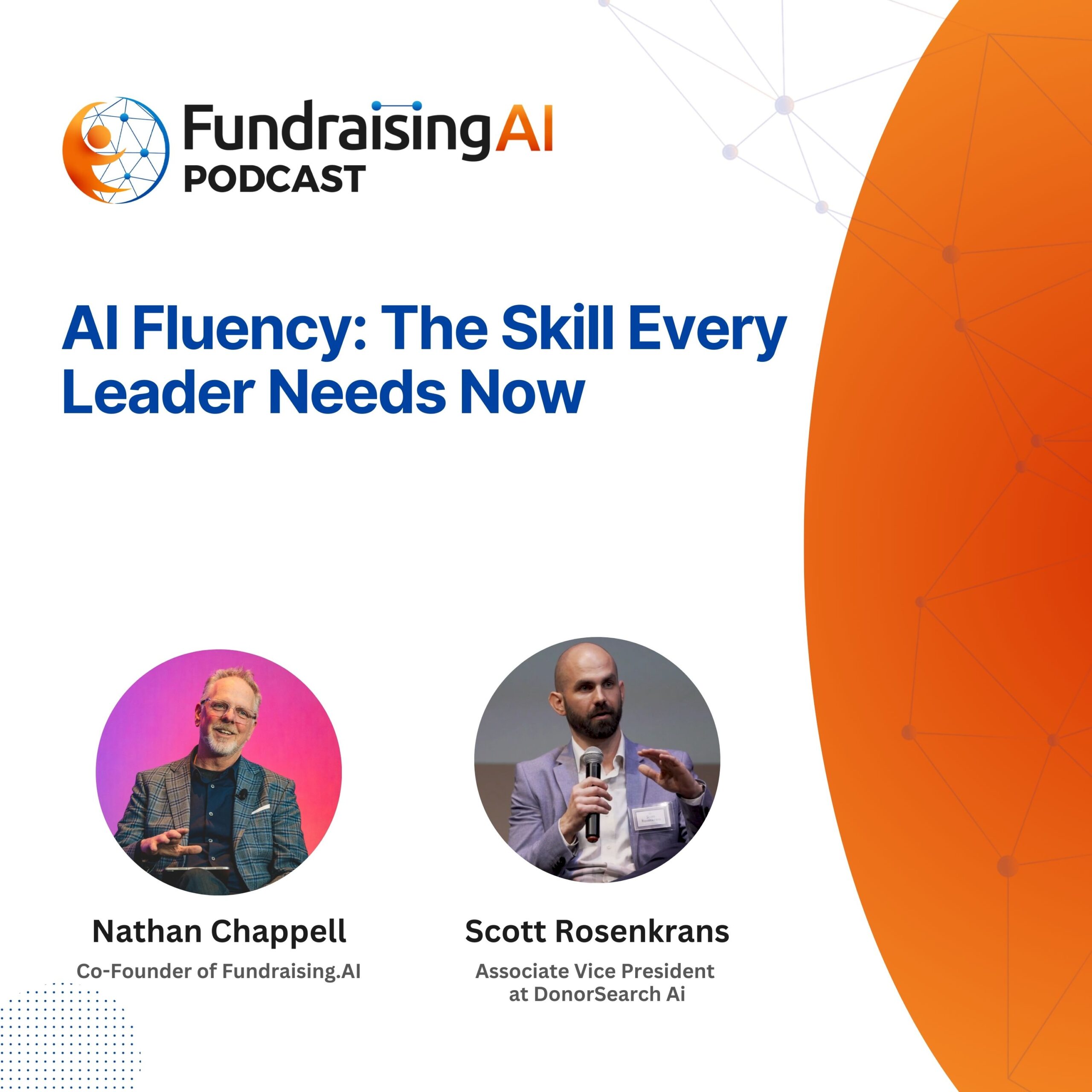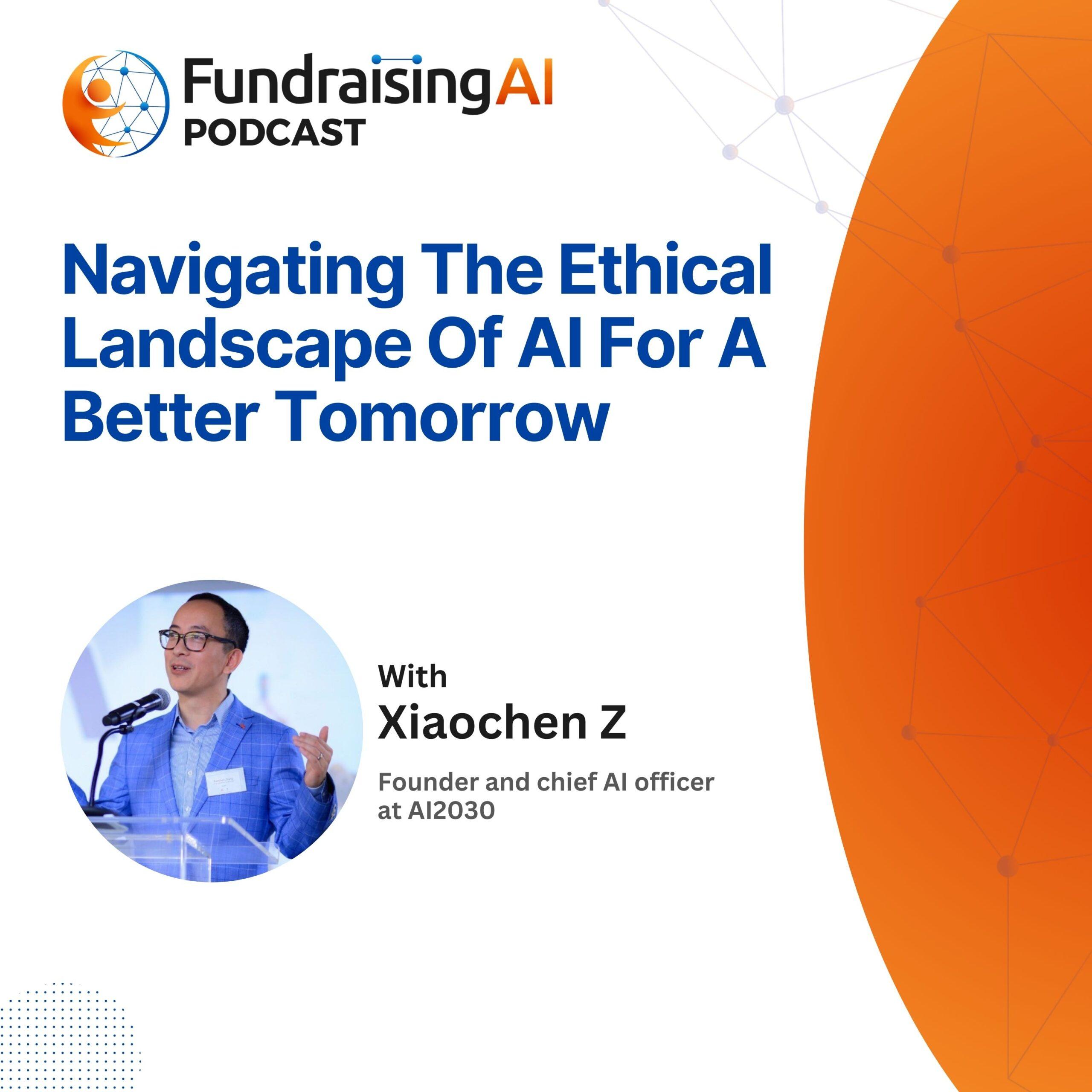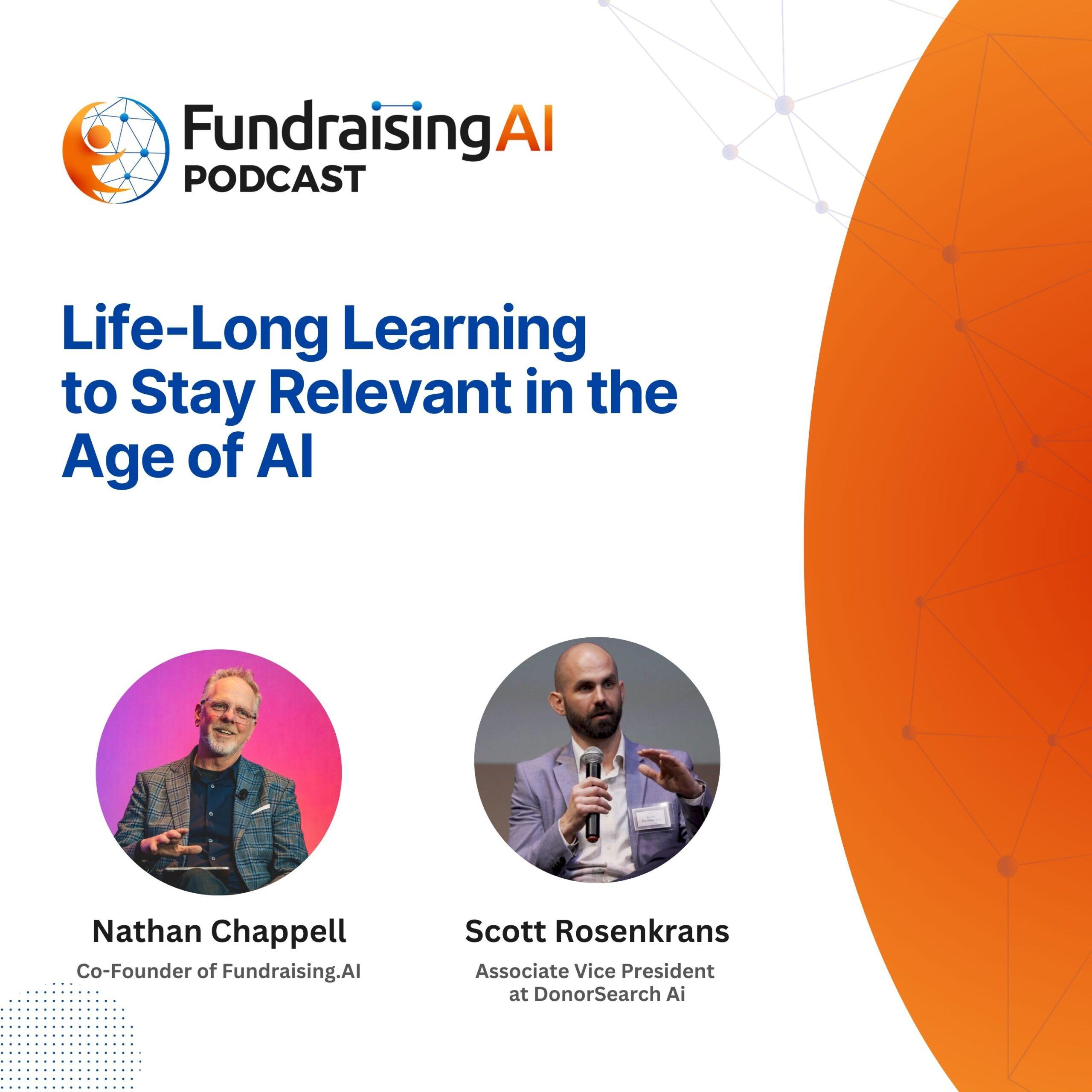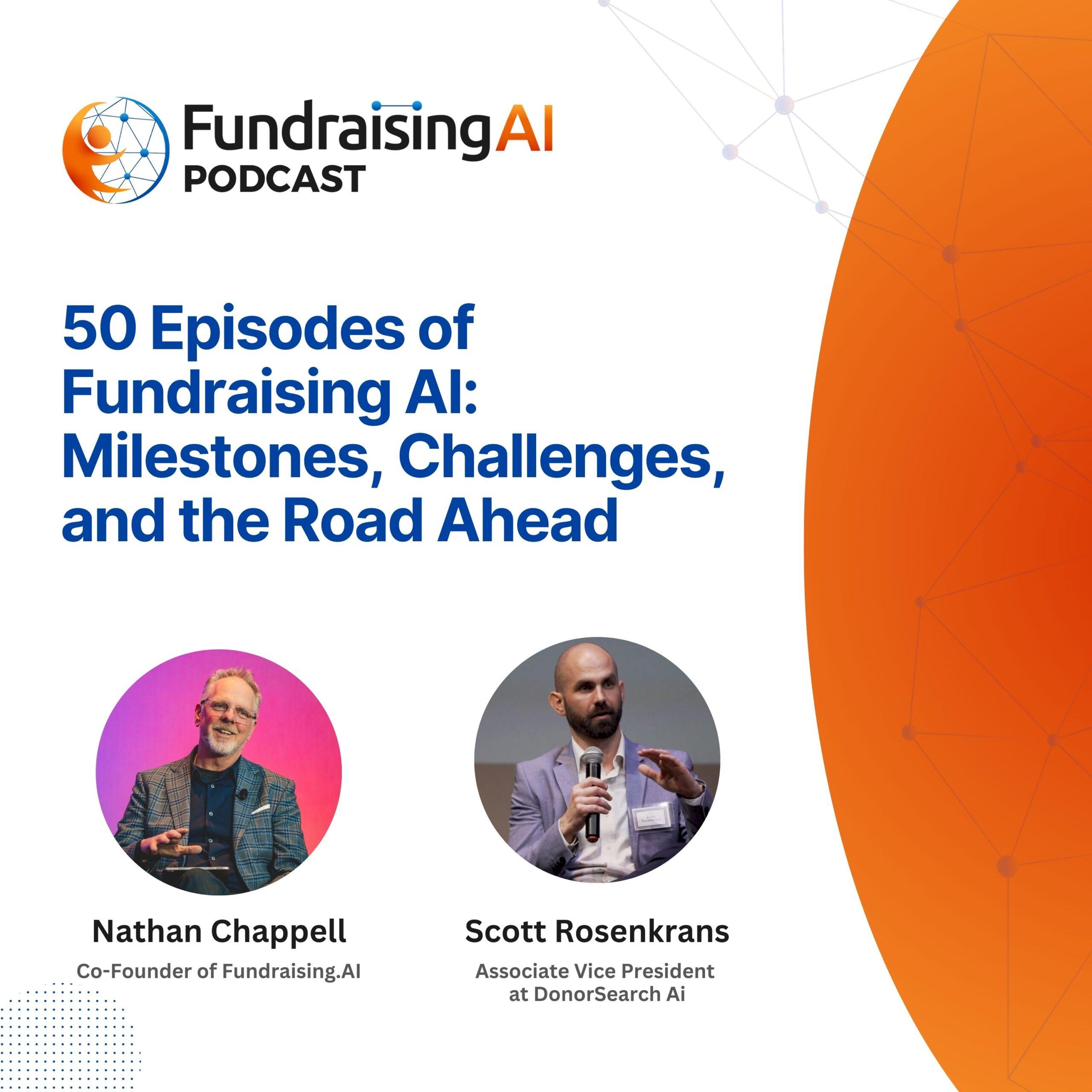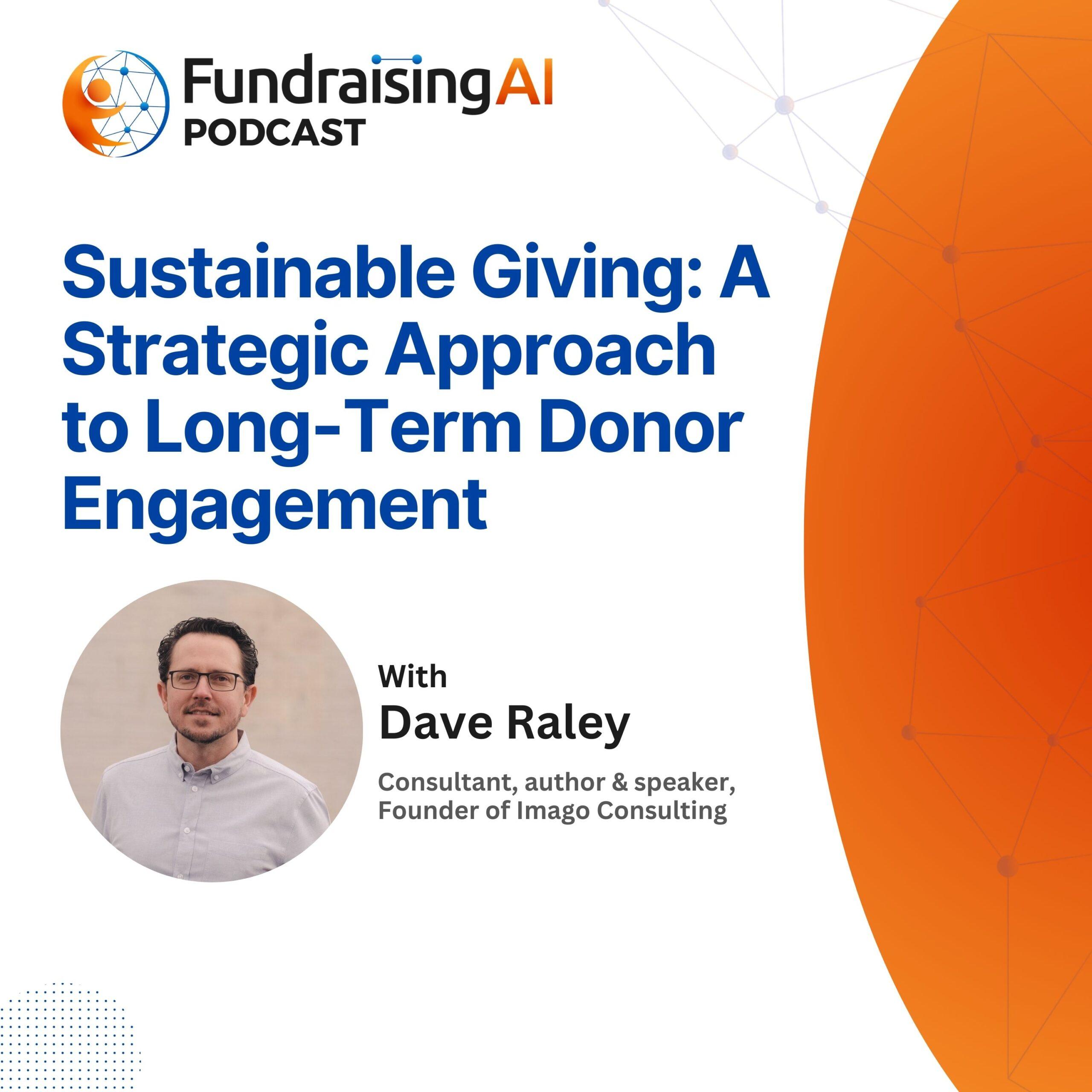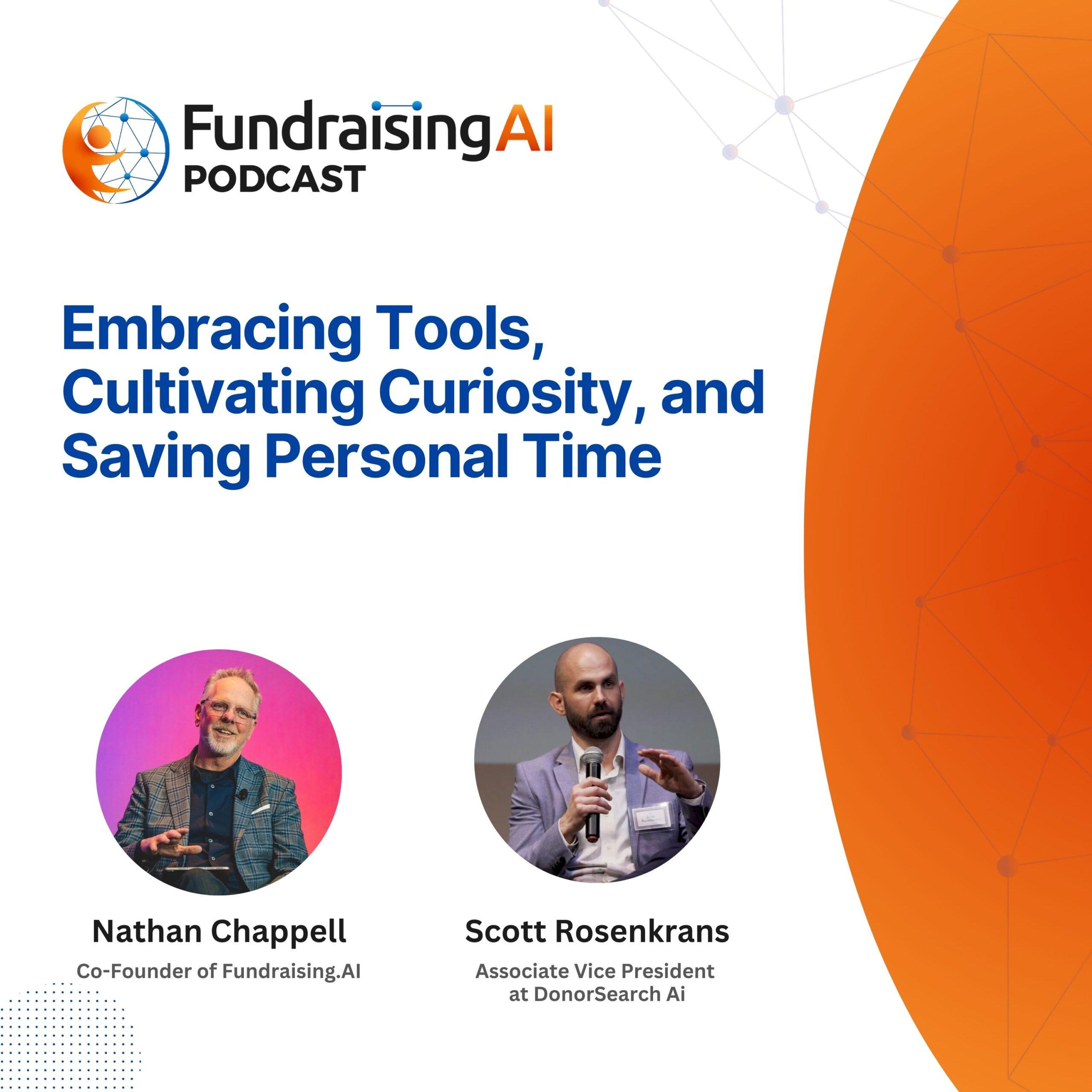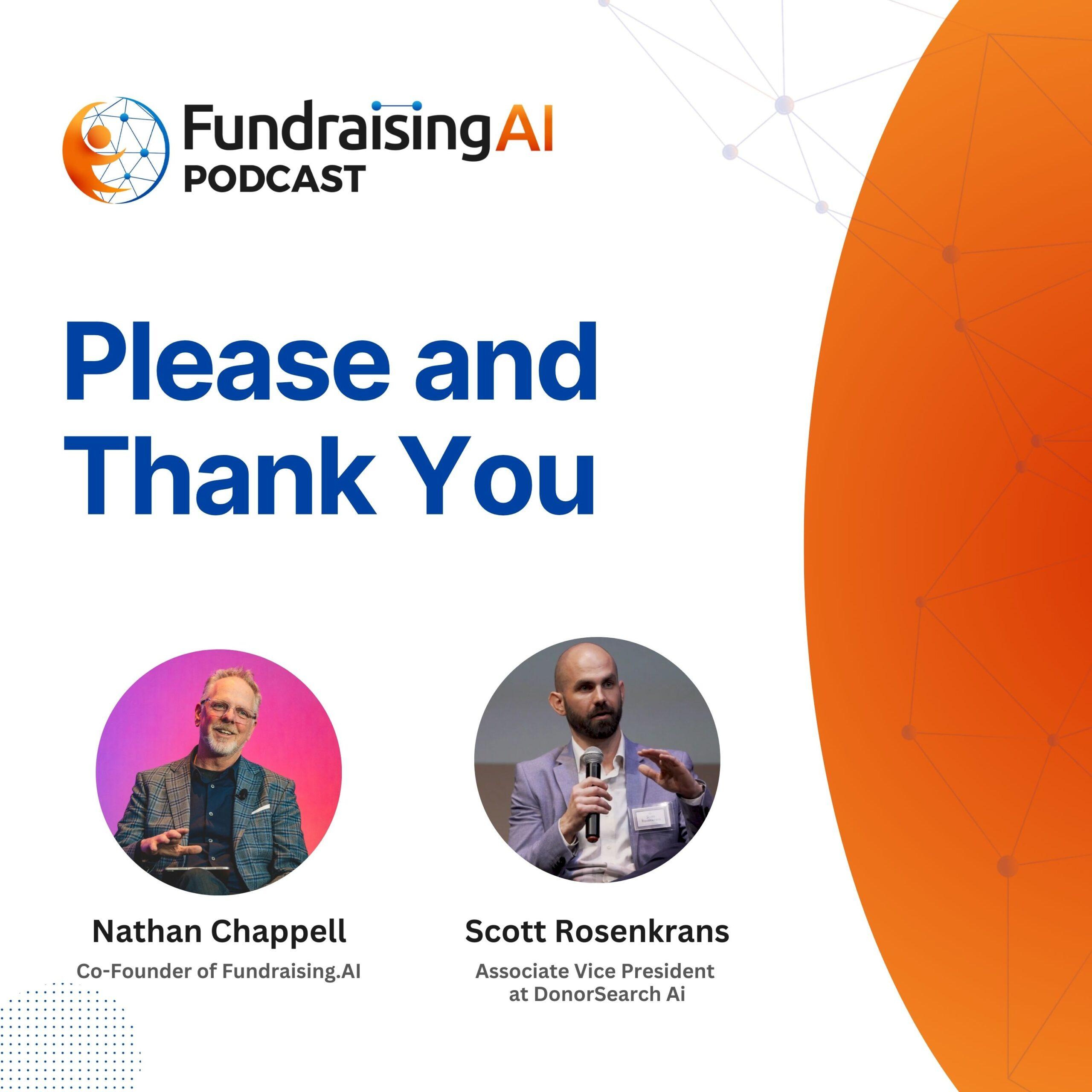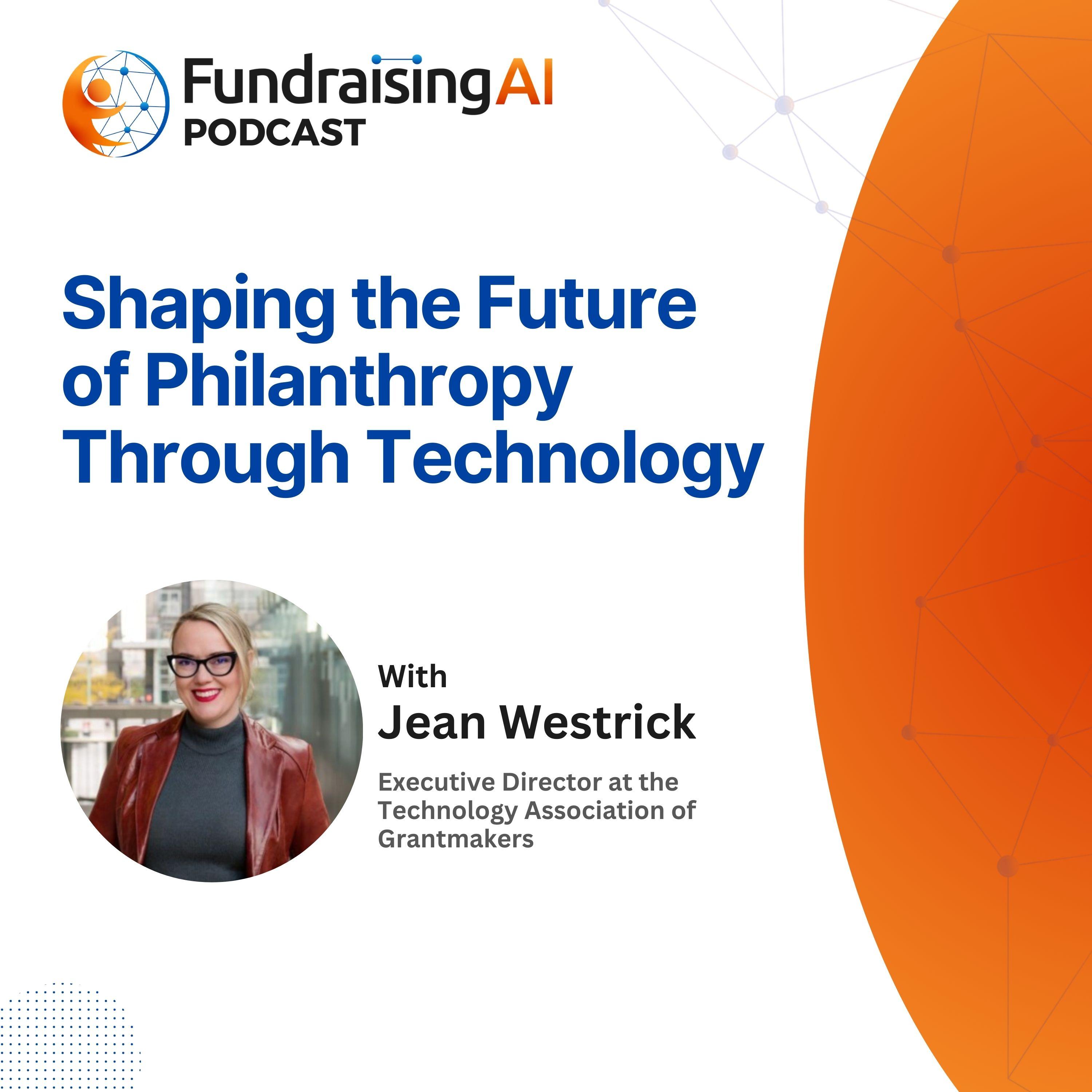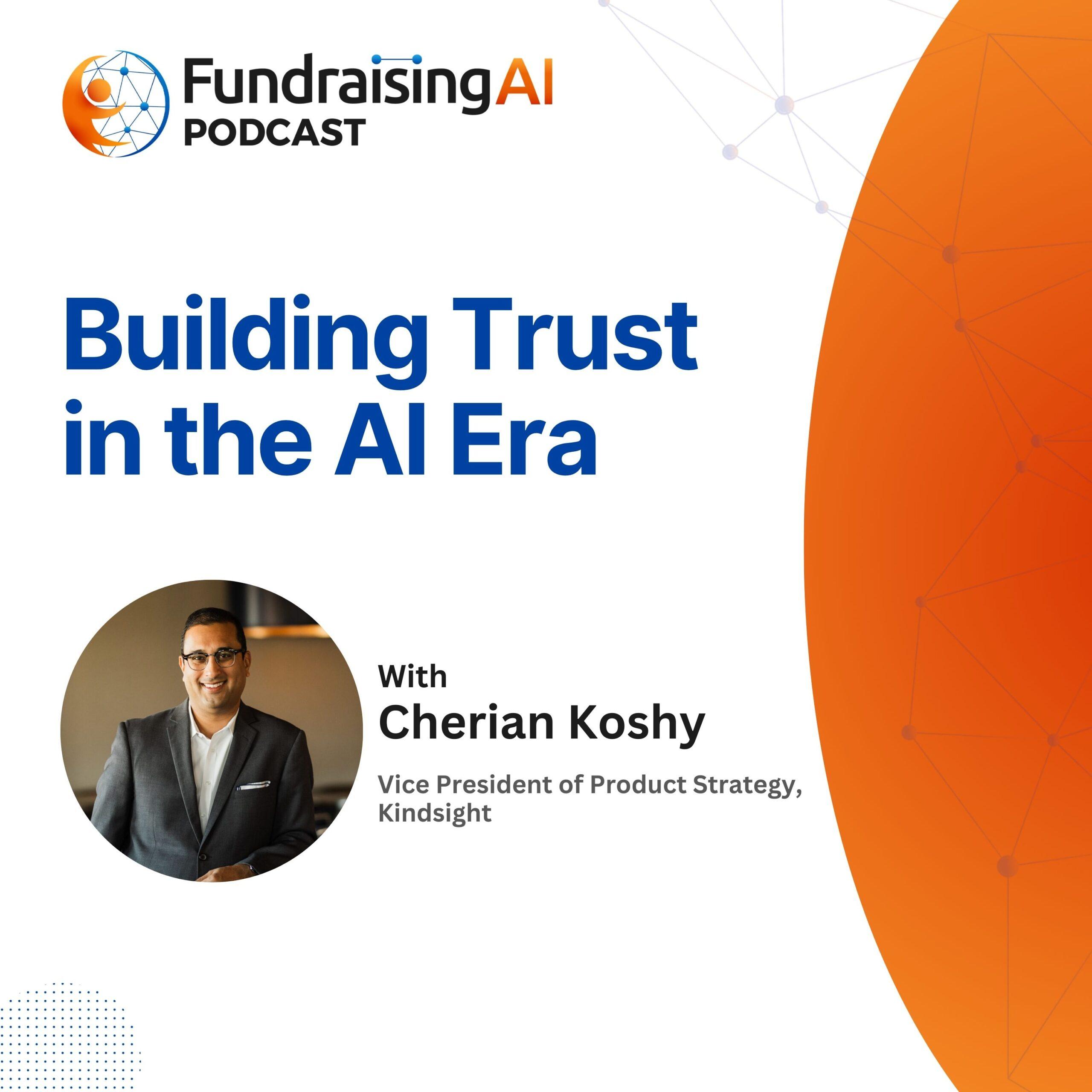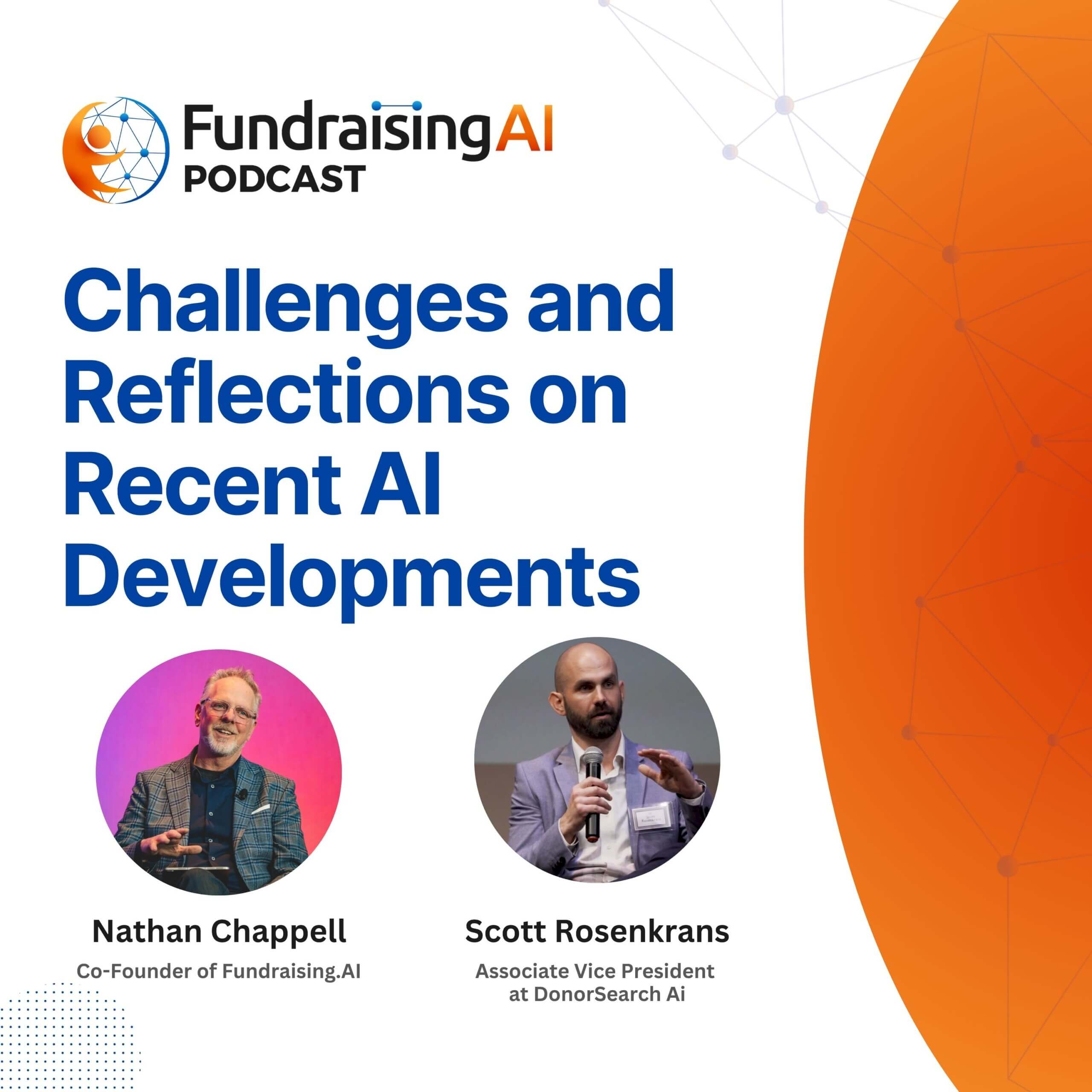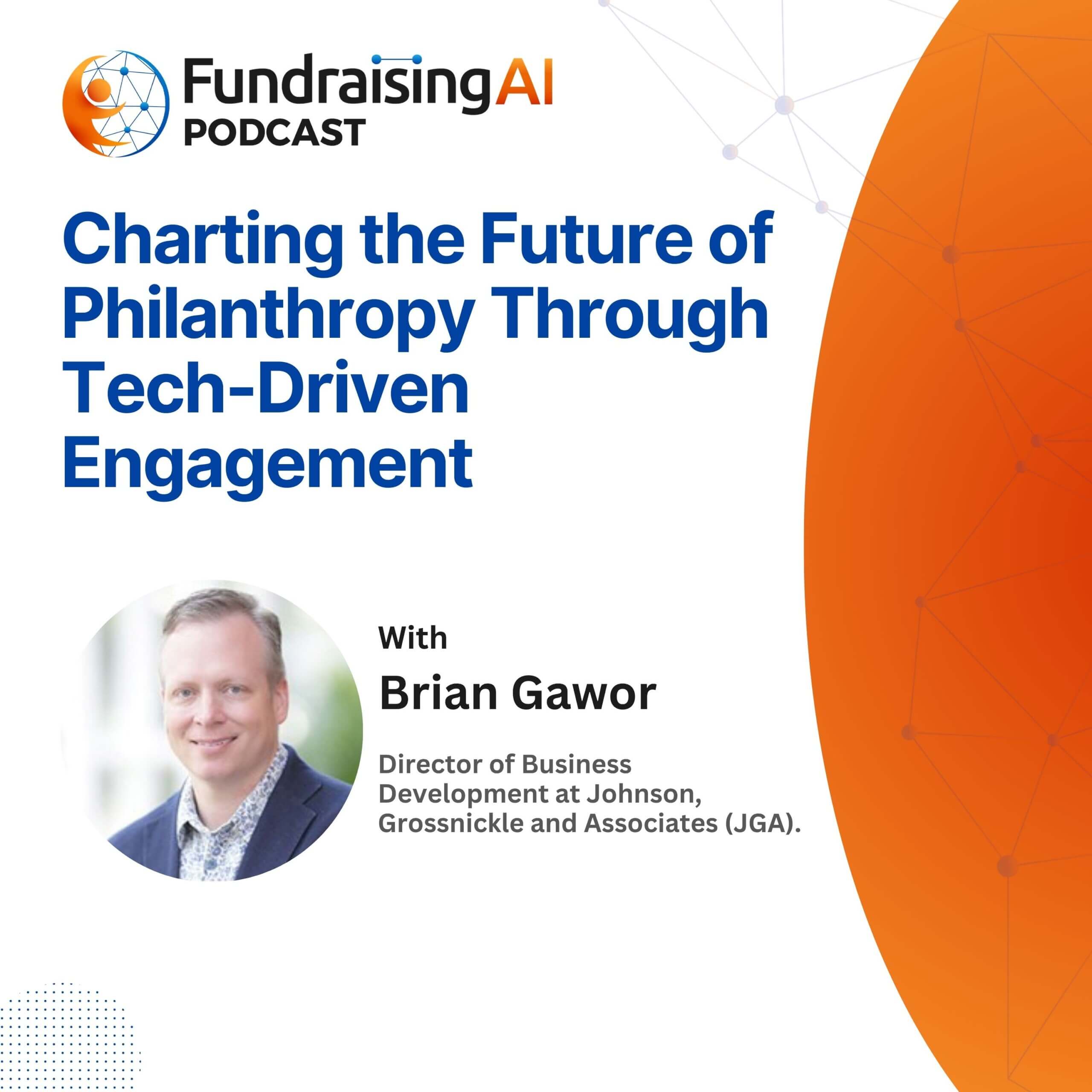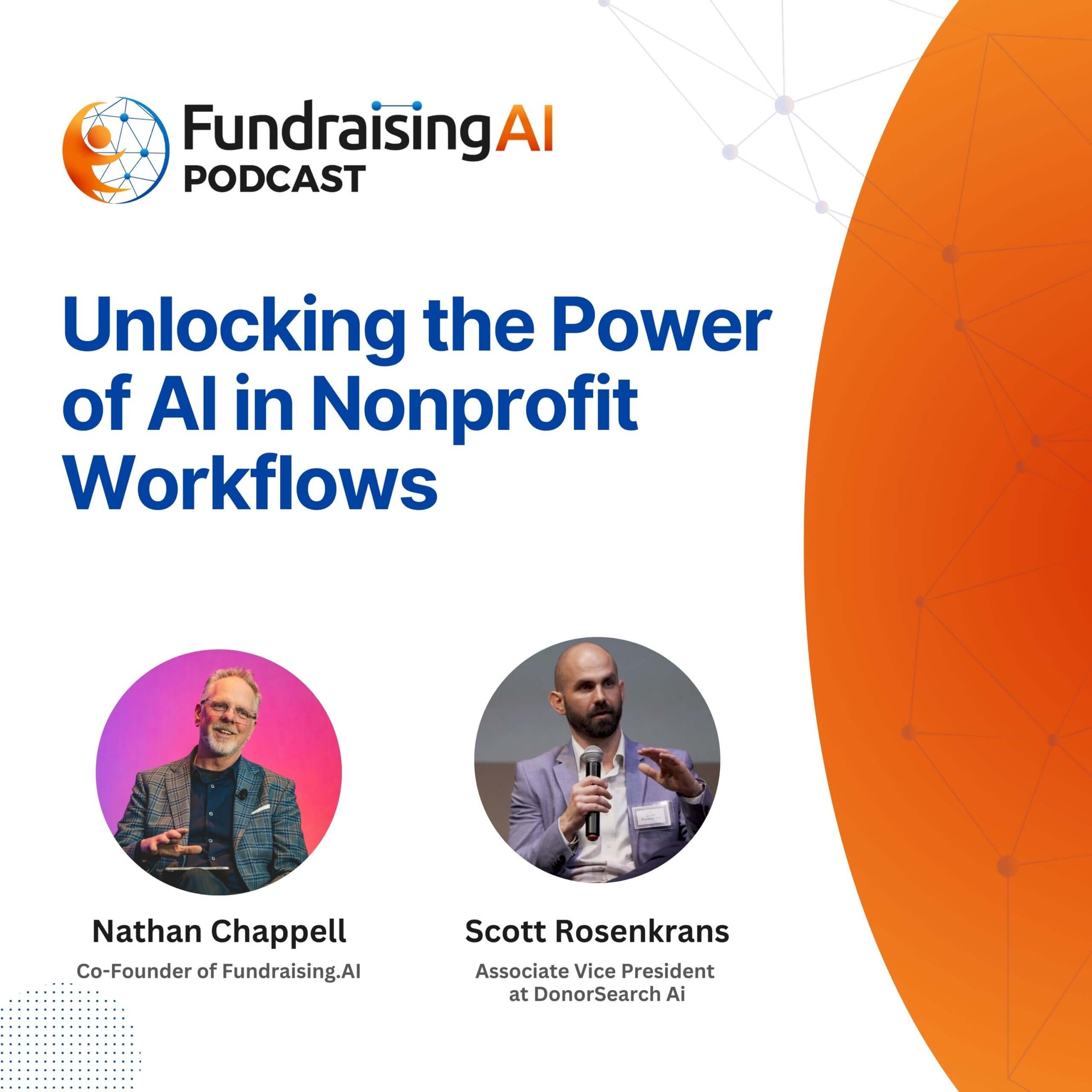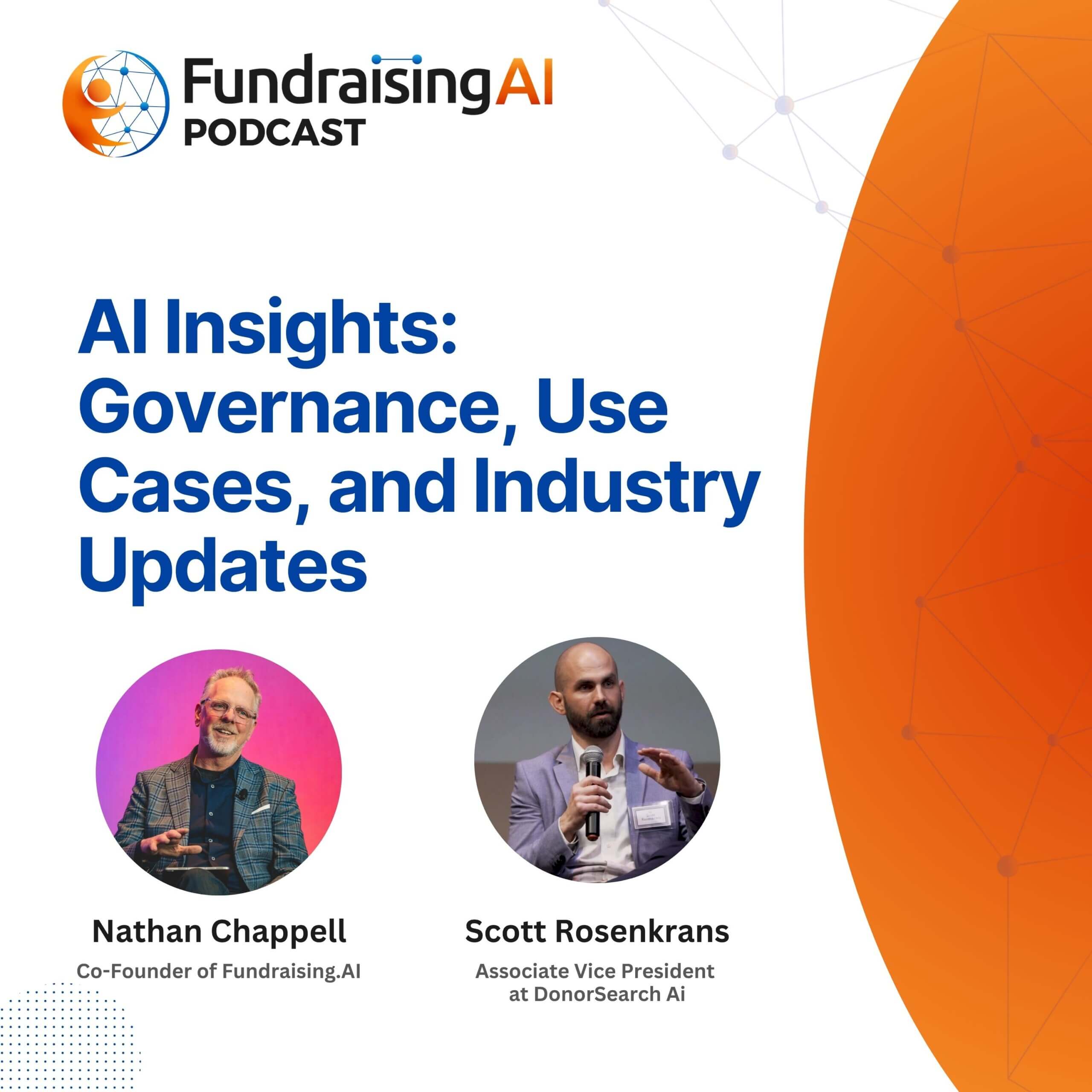Fundraising.AI
Episode 42
Episode 42 - Empowering Low Resource Languages with Subha Vadlamannati of OpenNLPLabs
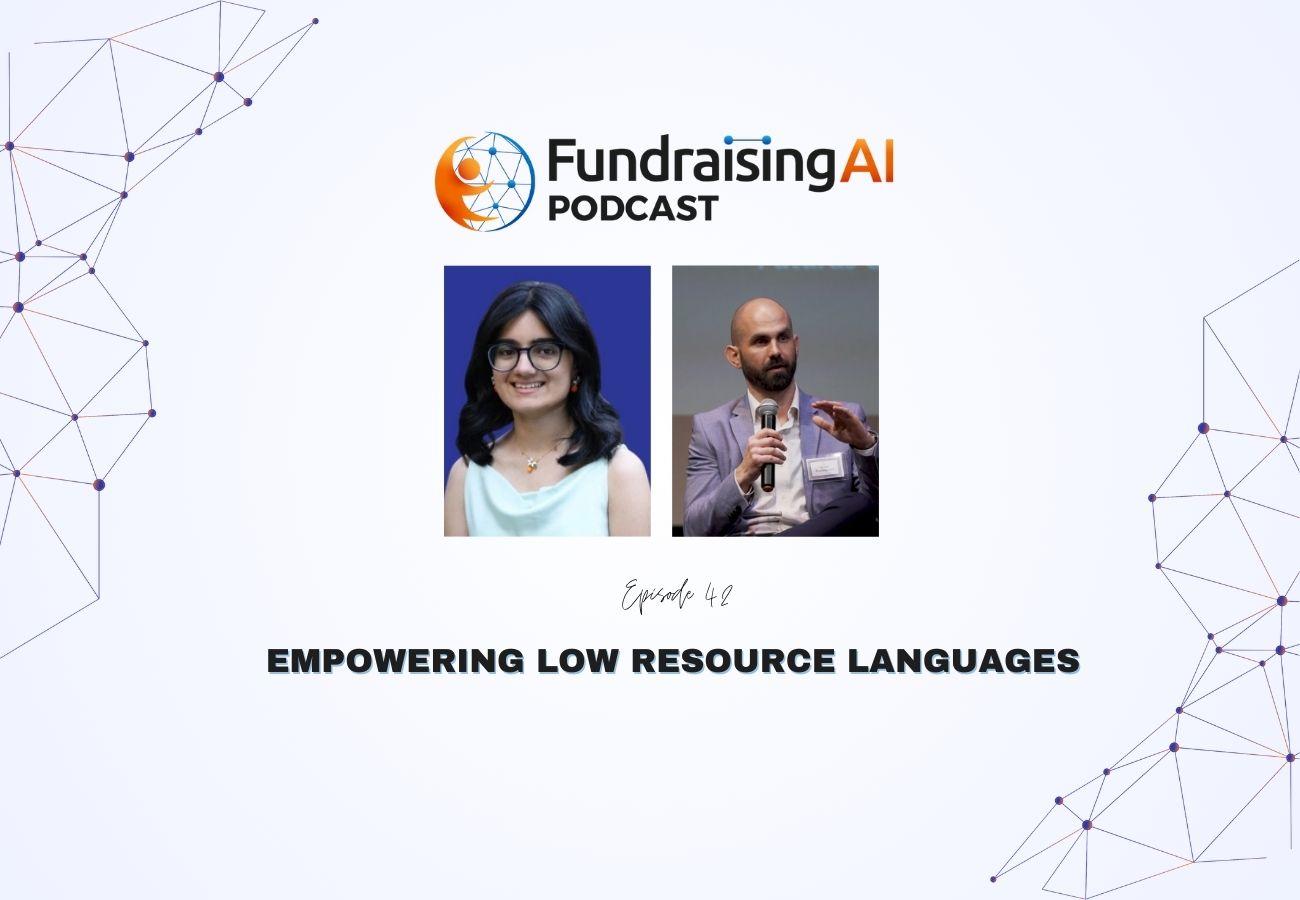
THIS EPISODE IS SPONSORED BY
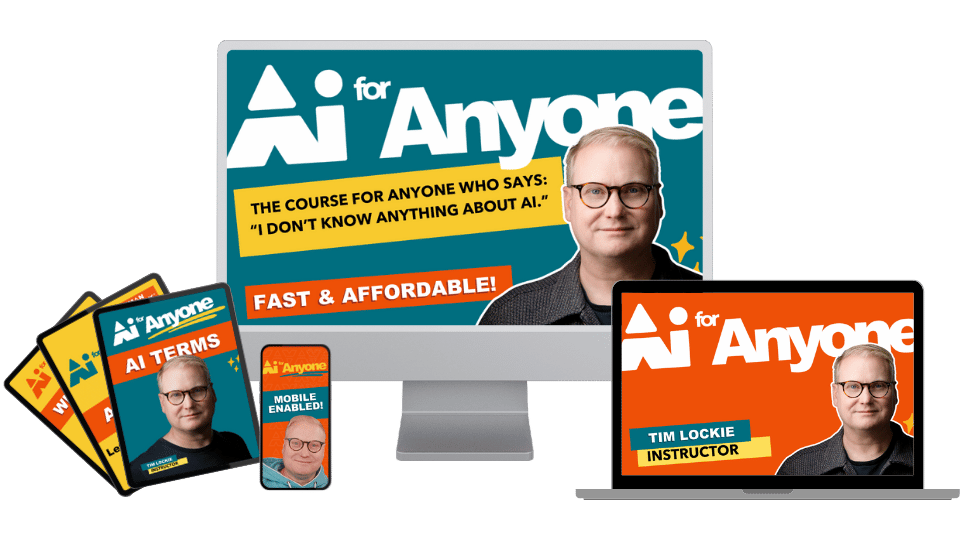
WATCH ON YOUTUBE

Listen To The Episode
OVERVIEW
In today’s conversation, Subha Vadlamannati, founder and CEO of OpenNLP Labs and a student at Stanford, shares her journey and mission to make natural language processing (NLP) accessible for low-resource and marginalized languages. She explains the organization’s focus on real-world applications of NLP, especially for languages underrepresented online, despite the vast number of global languages. Subha underscores the consequences of excluding these languages from digital resources, sharing real-world examples where language barriers caused life-threatening issues.
Highlighting Open NLP Labs’ innovative tools, such as Edu Link and Polyglot, Subha discusses their aim to support learning and communication in over 100 low-resource languages. Subha also describes their research on fairness and bias in AI, emphasizing ethical AI practices to make technology more inclusive and responsible. She touches on the challenges of scaling fair AI and the importance of accurate, diverse datasets, especially as AI progresses toward multimodal applications in text, audio, and video.
The conversation includes practical advice for nonprofit leaders looking to use AI, encouraging a mission-aligned approach and community engagement. Subha concludes by expressing hope for the future of ethical AI, her dedication to advancing research in robotics and multimodal applications, and her encouragement for young researchers to join the field, driven by inclusivity and ethical responsibility.



EPISODE HIGHLIGHTS
- [01:30] Meet Subha!
- [02:39] Understanding Low Resource Languages
- [04:54] Importance of Language Representation
- [06:54] Challenges and Solutions for Low-Resource Languages
- [08:18] Personal Journey and Motivation
- [12:32] Tools and Projects of Open NLP Labs
- [13:36] Workshops and Community Engagement
- [15:06] Ethical AI and Future Directions
- [17:33] Empowering the Next Generation for Social Impact
- [20:06] Challenges and Opportunities in AI Research
- [22:35] Impact of Future Technologies
- [26:26] Subha's Future Aspirations
- [31:53] Advice for Nonprofit Leaders




TIPS AND TOOLS TO IMPLEMENT TODAY
- Advocate for more digital resources and platforms for low-resource languages.
- Prioritize fairness by auditing AI models and aligning them with ethical AI frameworks.
- Use multilingual learning tools like Edu Link and Polyglot for education in low-resource languages.
- Ensure important information is available in multiple languages.
- Develop community-specific strategies to address misinformation in low-resource languages.
- Hold workshops for underserved communities on relevant topics like safety and readiness.
- Engage in mission-driven AI projects.
- Push for transparency in training datasets to improve fairness in AI systems.
- Use AI to improve nonprofit efficiency but keep content genuine and mission-aligned.
- Contribute to open-source language datasets to advance AI research inclusively.
ADDITIONAL RESOURCES
- Allie K MIller's Linkedin Learning AI Course
- ChatGPT4 accurately predicts human behavior in social experiments at 85%, across genders, races, and political affiliations.
- AI Adoption Is Driving Real Top - And Bottom-Line Impact For Enterprises (Gartner)
- Gen AI is hitting a trough of disillusionment (Gartner Hype Cycle)
- A new AI Pendant created to combat loneliness
- AI-first organizations
- More departures at OpenAI
- OpenAI's GPT-5 is coming out soon. Here's what to expect.



FAVORITE QUOTES
- "The definition of a low resource language is based on how that language is perceived on the internet." - Subha Vadlamannati
- "Let's say you want to go on the internet and search for some medicines or medical information or something really important, and you can't find it in your native language; there are no translators that are easily accessible to you in that language, then you're stuck. You're stuck with your current information, and it prevents you from educating yourself. So that really underscores the point of how important this work." - Subha Vadlamannati
- "I think my advice is really to use AI for automation and efficiency, rather than replacing the original content that you make." - Subha Vadlamannati
- "AI should be used for a lot of internal optimizations. But especially with external facing clients and external facing organizations, you need to be very clear about what your mission is, and that's not something that AI can generate, or AI can solve for you." - Subha Vadlamannati
- "When you have those conversations with your executives and when you deliberate over the word choices you use and the way that you present yourself, that's really where you grow as a nonprofit, and that's really where you have strength in what your mission is." - Subha Vadlamannati
- "I remember this summer, we had a lot of conversations about the specific wording of our new mission and the specific way that we are going to present ourselves online. And that's something that AI can definitely come up with, but it's not if you let someone else do the work for you. It's you're being a genuine cheerleader for your mission." - Subha Vadlamannati
- "There's this massive disparity between the ones you can find on the internet versus those that you can't. I remember reading a statistic somewhere that around 70% of the internet's content is in English, which shows you the breakdown between those other 7,000 languages is very small. So it's less than 1% each." - Subha Vadlamannati
- "Around the world, over 3 billion people speak a low-resource language. My native language, Telugu, which over 300 million people speak in India, is also considered a low-resource language because it's not represented in the media or on the internet. There's not enough data for it to be reliable on translation platforms. It's a lot bigger problem than people think it is." - Subha Vadlamannati
- "I think a lot of people need to be a little bit more genuine about their mission and make sure that's coming out properly. Be genuine about what you're doing. Use it for internal optimizations, but really, try to write your content." - Subha Vadlamannati
- "For example, in different parts of the world, being unable to communicate can cause conflicts. That made me realize that it's a lot bigger than simply wanting to speak with my friends or parents or communicate with people in my native language. It's actually something that can be life-threatening.'" - Subha Vadlamannati

Connect with US

MEET YOUR HOSTS
Nathan Chappell
As a thought leader, public speaker, author and inventor, Nathan is one of the world’s foremost experts on the intersection between Artificial Intelligence and philanthropy. Nathan serves as Senior Vice President of DonorSearch AI, where he leads AI deployments for some of the nation’s largest nonprofit organizations. Nathan’s subject matter expertise has been featured in several publications, including Fast Company, University of Notre Dame and the Association of Healthcare Philanthropy. In 2021, Nathan founded Fundraising.Ai as a member-centric collaboration of nonprofit professionals with a focus on data ethics, data equality, privacy and security, sustainability. Nathan presented the first TEDx on the topic of artificial intelligence and the future of generosity in 2018. Nathan is a member of the Forbes Technology Council and holds a Masters in Nonprofit Administration from University of Notre Dame, an MBA from University of Redlands, a certificate in International Economics from University of Cambridge and a certificate in Artificial Intelligence from MIT.

Scott Rosenkrans
Scott Rosenkrans is the Assistant Vice President of DonorSearch Ai and has been with the organization for three years. He began his journey in the nonprofit sector twelve years ago as a prospect researcher. He quickly became fascinated with data as he noticed the organization that he previously worked for was amassing a wealth of information but was unsure how to efficiently use the data and resources to its full potential. This led him to become interested in predictive modeling and data analytics. During this time, he began to create an immense commitment to delivering tailor-made machine learning models to nonprofits.
The thing that Scott loves most about working for DonorSearch is the ability to prioritize what is best for the client and nonprofit sector above all else. He believes that growth is our most important core value because the DSAi team continuously evolves and brings a unique perspective that provides value to our clients. He stays ahead of industry trends because of his insatiable drive to constantly try out new things.
Favorite nonprofit: Shriner’s Children Hospital because of their extreme commitment to providing exceptional medical care, while also alleviating the financial burdens on families.
